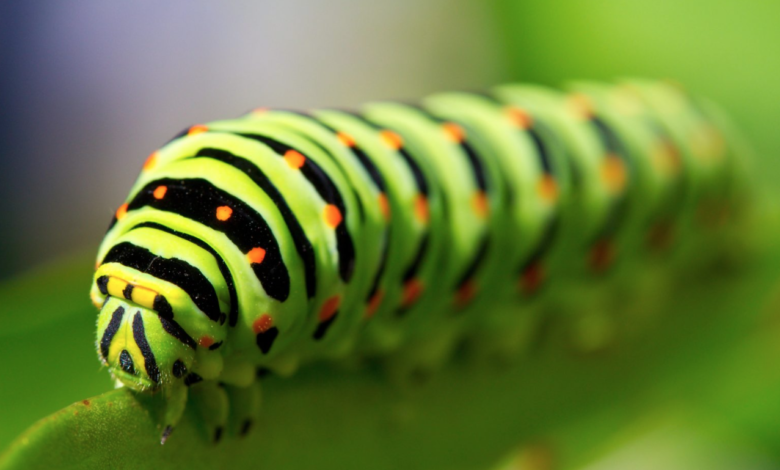World Biodiversity Day 2024 celebrated today

World Biodiversity Day looks to Cop16, starting in October in Cali, Colombia
The COP15 on biodiversity in Kunming in 2022 set new global targets on protecting biological diversity by 2030. But cutting these milestones requires a concerted effort. Governments, indigenous peoples and local communities, non-governmental organizations, legislators at various levels, businesses and individuals. All can and must be “part of the plan”, contributing in different ways to reverse the ongoing trend of severe biodiversity loss. This “Be part of the plan” is the theme and message at the heart of World Biodiversity Day 2024 (World Biodiversity Day 2024), which is celebrated every year on 22 May.
Why is World Biodiversity Day 2024 celebrated?
Protecting biological diversity is a very “emotional” issue, but also neglected. Outside the scientific circles, the emphasis almost always falls only on the conservation of fauna and flora – especially those more familiar, iconic or symbolic species. From the panda to the polar bear via the rhino and the mountain gorilla. Protecting biodiversity is not (only) this.
WWF Biodiversity Risk Filter for companies and financial institutions
Biological diversity is one of the cornerstones of the functioning and prosperity of our societies. Tearing it apart, little by little, pushes us towards uncharted territories: just like with the global increase in temperatures. Ecosystems are complex mechanisms and we find it difficult to predict exactly how they can change with the extinction of some species or even just the decline of some populations.
This year the World Biodiversity Day 2024 tries to keep alive the attention of politics and society on this issue, which has known a short season of greater media exposure and attention from governments during COP15. Last year, the body that organizes the World Biodiversity Day, the CBD (the Convention for Biological Diversity) presented a plan to achieve the objectives indicated by the Cop15. And prevent it ending as in the case of previous targets, with 2020: we all failed.
Protecting biodiversity is as crucial as combating the climate crisis
What we do know is that biodiversity is something that we should care about at least as much as the climate crisis – which it inevitably intertwines with. We think only in an anthropocentric perspective: fish provide 20% of animal protein to about 3 billion people, over 80% of human diet is provided by plants, Around 80% of people living in rural areas in developing countries rely on traditional plant-based medicines for basic health care.
And we also know that we are witnessing – and largely responsible – a mass extinction event. According to IPBES, the international scientific body that monitors biodiversity, 1 in 8 species worldwide will be at risk of extinction in 2100. And today there are half a million “dead species walking”, species that still exist but are doomed to disappear in a few decades due to the degradation or destruction of their habitats.
World biodiversity: why is our future at stake in Geneva?
Last year a study systematically reviewed the number of endangered species – based on data for European species and extrapolating those on a global scale, effective methodology to circumvent gaps in data – concluding that it is twice as much as estimated in 2019 by IPBES itself: 2 million.
A key point of this study was the inclusion of estimates for insects, usually left out. This is important because the trend for insects indicates that biodiversity loss is catastrophic. In 2021, a series of 12 studies published simultaneously on PNAS shed light on this area concluding that we are facing an “apocalypse“: every year 1-2% of individuals die. “The severe decline in insects can potentially have global ecological and economic consequences,” the authors warned.
Then there are the more health-related aspects, to which we should now be sensitive after having experienced the Covid-19 pandemic. “The loss of biodiversity threatens everyone, including our health,” stresses World Biodiversity Day 2024 organizers. “It has been shown that biodiversity loss could expand zoonoses – diseases transmitted from animals to humans – while, on the other hand, if we keep biodiversity intact, it offers excellent tools to combat pandemics such as those caused by coronaviruses”.





